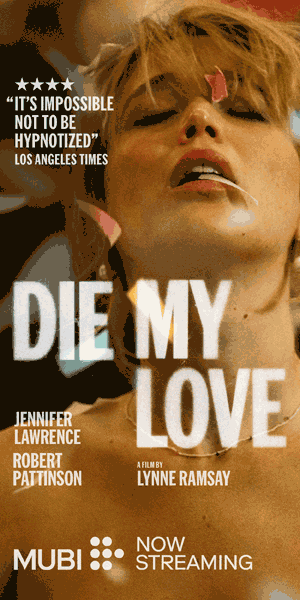It’s hard for me to enjoy things. I try to be pleasant, but I’m a cynical know-it-all by nature. When I read a great poem, my mind reflexively tries to take apart and examine every aspect of it, as if to ward off the thought that I might be moved for reasons beyond my comprehension. For a while, I channelled this deconstructive impulse into something ostensibly productive and reviewed poetry books, but I never really got to the bottom of it. During the pandemic, I found myself reading more and more about Benedictine monks and realized I was in trouble. My meaning-seeking needed a new focus.
Therefore my immediate reply when I was asked to edit a best‑of anthology, after I confirmed that I was not expected to do it for free, was yes. I tried to go about the task without the usual hand-wringing. I didn’t fret over whether I was the best person to select the best poems. It’s an entirely subjective exercise for which either no one is qualified or anyone is qualified. It’s a poetry anthology, not The Lancet. They could just as well have asked a child.
We take poetry too seriously. This occurred to me as I reviewed the magazines my publisher, Biblioasis, sent to me in hefty boxes. When I first took up the form in the mid to late aughts, surrealism and irony were in. The hot new poets rarely said what they meant or meant what they said. They mixed Latinate and vernacular diction and wore the skinniest jeans I’d ever seen. For all their ingenious descriptions of the globalized, technological moment, these poets’ perspective seemed removed from the world, not transcendent but aloof. At worst, their poems were trifling, with little feeling or gravity. Where was the beating heart?
Then history took a turn: asylum seekers’ bodies strewn along European shores, Trump’s chintzy demagoguery, pandemic lockdowns and mass graves, neo-Nazi marches, police violence, historic wildfires, the air thick with ash. As daily life grew more surreal, the dominant voice in poetry became more direct and serious, more rooted in real individual experience. A new generation of literary gatekeepers emerged to facilitate this shift. A number of the magazines I read for this anthology opened with an editor’s note that solemnly reflected on the need to heal, both from the terrors of the recent past and from the legacy of genocide and slavery upon which the so‑called New World was built.
When this trend first emerged, I was excited to see so many poets write candidly and with real political rage about our denial of the past and the untenability of the status quo, often with the same technical adventurousness that drew me to poetry in the first place. At some point over the last decade, however, the content superseded the form. Canadian poets and magazine editors have confused good poetry with good politics. Many poems in journals today consist primarily of solipsistic observations, social justice tropes, and moralizing narratives delivered in a uniform first-person voice. They are wooden and boring. What’s worse, poets cheapen political subject matter when they treat it with formal laziness or as a platform to signal their virtue.
I don’t believe poetry has gotten worse. Great poems continue to be written and published, as I hope the anthology demonstrates. However, the editorial curation now skews heavily in favour of poetry with a social justice message, regardless of how (or how well) it’s written. This orthodoxy is stifling. I read hundreds of magazines in the course of a year, and sometimes it seemed like every other poem was about trauma or the politics of personal identity. Some of these were excellent, but many were indistinguishable fluff.
Poetry may be therapeutic, but it is not therapy. Poetry may be enlightening, but it is not pedagogy. The best poems do more than soothe or teach. They enter and alter our consciousness such that our perception of everything else is filtered through them. Consider the closing lines from John Steffler’s “Unwelcome Scene,” the penultimate piece in the anthology: “It will come. What haunts you / most. You attract it. Why do I feel it’s / the poet’s job to say this? What creeps / in from the moment’s edges, wrecking it, is / the knowledge of what you’ll face. What / can you do but try to make friends with it — / or art?”
This assertion is both ominous and oddly consoling. There’s no sense in fearing what is bound to happen, so we might as well face it head‑on, make something of it. When we give them our attention, great poems give us a lifetime of bracing, transcendent insight in a few lines; this is their offering. My offering to readers is a gathering of poems that delighted, startled, and challenged me. Poems that embrace ambiguity and risk. And poems that approach the uncertainty of the present moment with humility.
Bardia Sinaee won a Trillium Book Award for poetry with his debut, Intruder.

